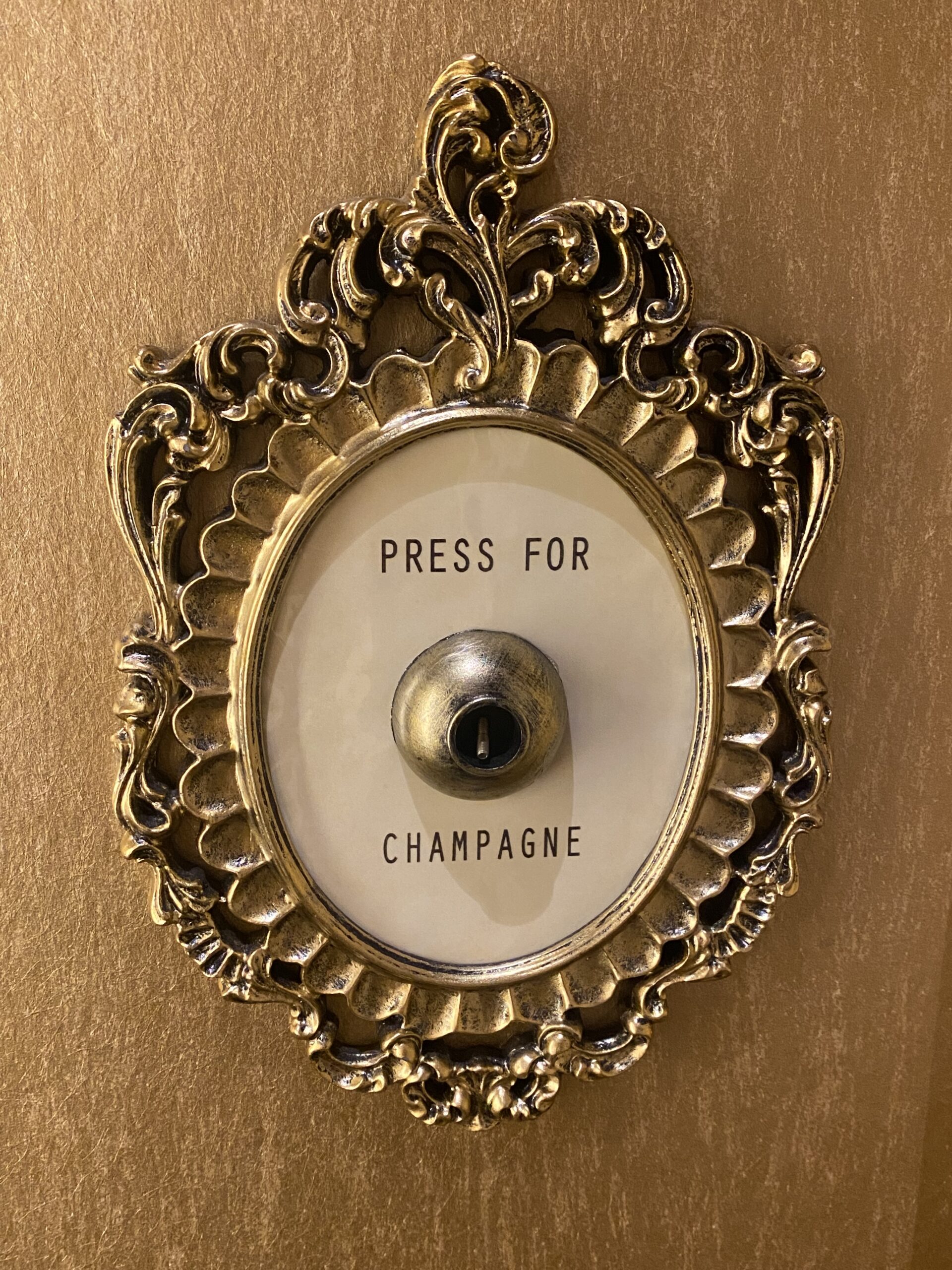This topic can be like diving into the deep end of the pool. It can be a controversial topic, yet that’s not the reason I chose this topic. It’s because alcohol has come up unexpectedly in three separate conversations I’ve been involved in within the past 24 hours. So, here we go.
How many times have we heard:
“Alcohol helps you sleep.” (For sleep help — read Dr. Breus’ articles: 1) How to sleep better and 2) What is the difference between REM sleep and deep sleep?
“Alcohol calms me.”
“Alcohol isn’t healthy.”
Alcohol has become the centerpiece of many social gatherings. It’s been used as a calming mechanism or stimulant to (supposedly) guarantee that a first meeting (date, professional meeting, new friends) goes well. Alcohol is also commonly reached for by many people after a day at work, busy day with the children, or way to “escape” one’s burdens.
Just like most things – moderation is likely key. Moderation is probably defined differently by everyone on my block.
Looking at the health-related concerns with alcohol alone – I’ve been influenced enough to be a very limited social drinker.
Harvard explains, “Alcohol consumption has been associated with pregnancy defects, liver disease, pancreatitis, high blood pressure, coronary artery disease, stroke, cancer, addiction issues, and physical injury.”*
Whether some of these health conditions run in your family, your partner just got diagnosed, or you just want to try your best to skate around hearing those dreaded words from your doctor one day – it’s a lot.
In addition, alcohol has also “long been associated with the development of headache, with about one-third of patients with migraine noting alcohol as a trigger.”*

“Diet-related triggers are a common cause of migraine and certain diets have been reported to decrease the frequency of migraine attacks if dietary triggers or patterns are adjusted.”**
Do you know if alcohol is a migraine trigger for you? I highly recommend a food/beverage diary to try and pinpoint any notable triggers. Keeping a food/beverage diary has helped me immensely. It is why I avoid certain things, like pepper.
“Alcohol and caffeine uses were the most common diet patterns and diet-related triggers associated with increased frequency of migraine attacks.”**
I have been more mindful of my caffeine intake these days. That wasn’t always the case. But I do make a conscious effort to filter in more decaf coffee when starting off my day. That change has been helpful in more than one way.
I find this topic optimal and hopefully informative. Considering “in April 2020 (year over year) alcohol sales were up 234%.”***
In that timeframe, “34.1% report binge drinking at least once.”***
While we know those statistics soared during the COVID-19 pandemic, it is quite concerning. During uncertain times I think it’s important to learn to re-route stress – away from alcohol and resulting mind-numbing activity to other healthy, safe activities.
While I’m sure it may not sound nearly as fun, try reading, learning a new hobby, enrolling in free online classes to learn another language or embracing quality time with loved ones. That’s what really could make a positive difference in your life.
Alcohol wasn’t meant to serve as a substitute for living an enjoyable, healthy life.
What is your relationship with alcohol? Is it helping or hurting your health?

*https://www.health.harvard.edu/blog/alcohol-and-headaches-2018102615222
**https://pubmed.ncbi.nlm.nih.gov/32449944/
***https://drugabusestatistics.org/alcohol-abuse-statistics/
Coming next: Immune system health – expert says nutritional balance key
